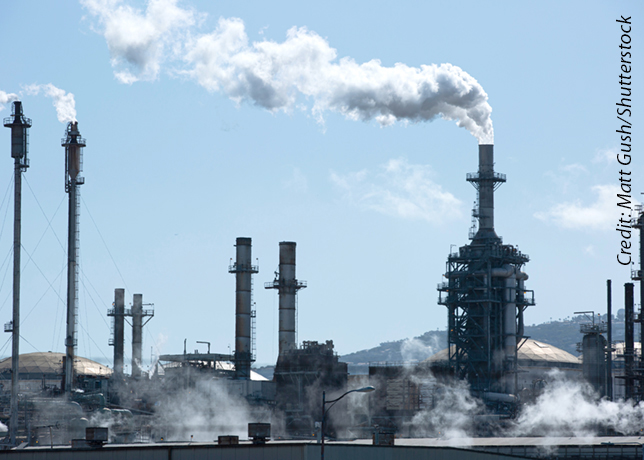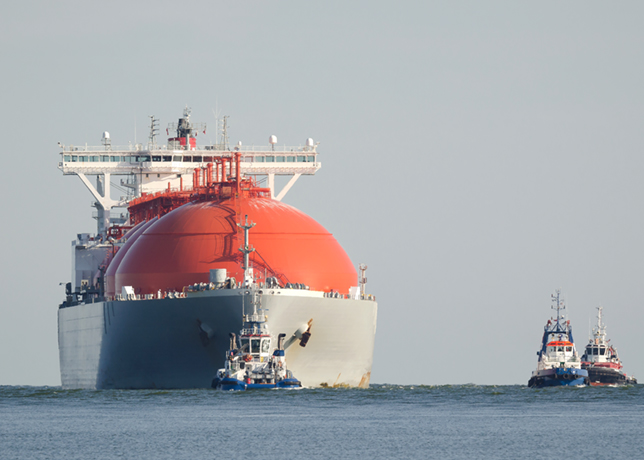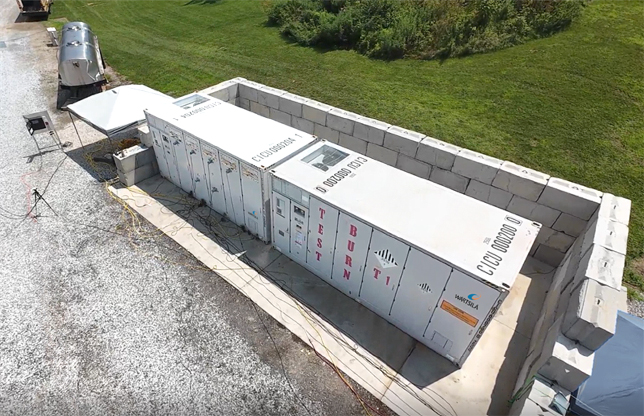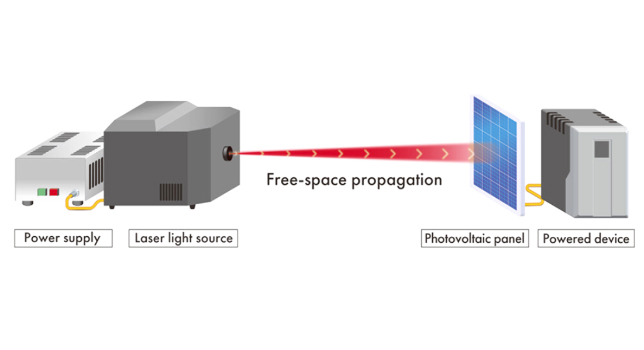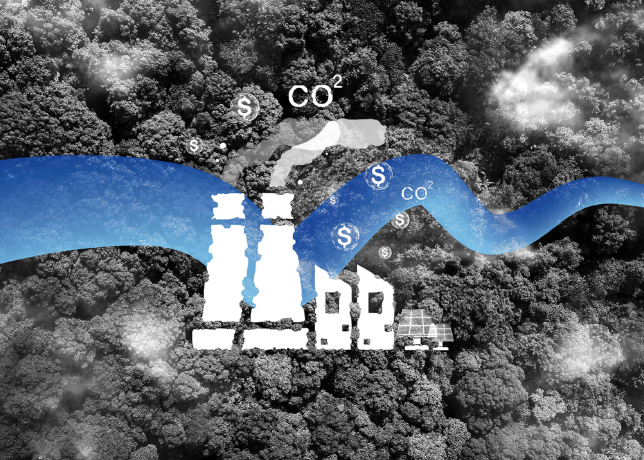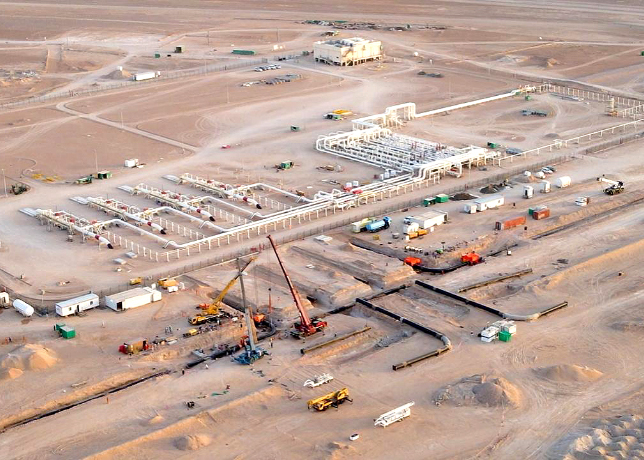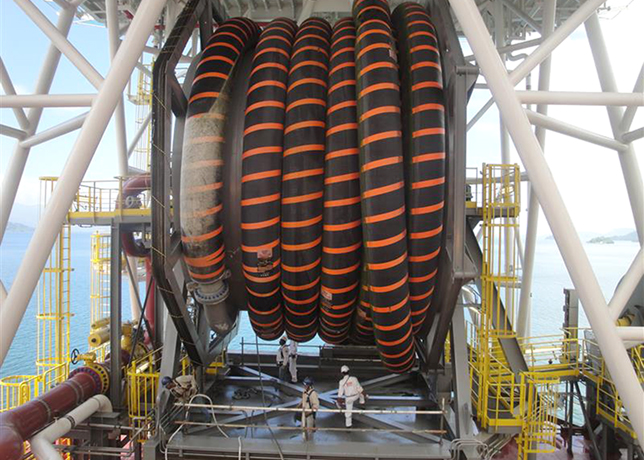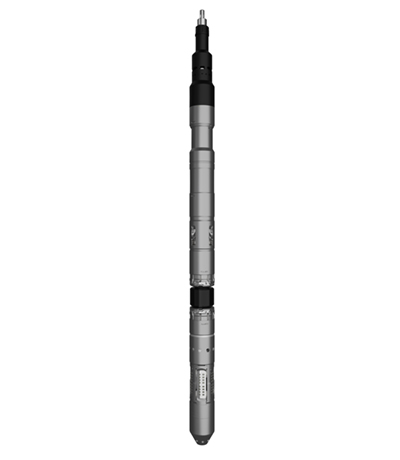 Image: Chuyko Sergey/ Shutterstock
Image: Chuyko Sergey/ Shutterstock
Oil prices fell more than 2% on Monday after OPEC+ decided over the weekend to further speed up oil output hikes, spurring concerns about more supply coming into a market clouded by an uncertain demand outlook.
Brent crude futures dropped $1.27, or 2.07%, to $60.02 a barrel by 0802 GMT, while US West Texas Intermediate crude CLc1 was at $56.96 a barrel, down $1.33, or 2.28%.
Both contracts touched their lowest since April 9 at Monday's open, after OPEC+ agreed to accelerate oil production hikes for a second consecutive month, raising output in June by 411,000 barrels per day (bpd).
The June increase from the eight producers in the OPEC+ group will take the total combined hikes for April, May and June to 960,000 bpd, representing a 44% unwinding of the 2.2 million bpd of various cuts agreed on since 2022, according to Reuters calculations.
The group could fully unwind its voluntary cuts by the end of October if members do not improve compliance with their production quotas, OPEC+ sources told Reuters.
"The production increase, instigated by Saudi Arabia, is as much about challenging US shale supply as it is to penalise members that have benefited from higher prices while flaunting their production limits," said Saxo Bank analyst Ole Hansen.
"Adding barrels into an economic slowdown will weigh on prices until we have a clearer picture on the demand impact."
Expectations of supply coming back to the market have weighed on the Brent futures forward curve, signifying a weaker market on the horizon.
The premium between the front-month Brent contract and that for delivery in six months was 10 cents a barrel, narrowing from 47 cents in the previous session. The spread had briefly flipped to a discount, known as a 'contango' structure, for the first time since December 2023 earlier in the session.
Barclays and ING have also lowered their Brent crude forecasts following the OPEC+ decision.
Barclays reduced its Brent forecast by $4 to $66 a barrel for 2025 and by $2 to $60 for 2026, while ING expects Brent to average $65 this year, down from $70 previously.
"The oil market has been dealing with significant demand uncertainty amid tariff risks. This change in OPEC+ policy adds to uncertainty on the supply side," ING analysts led by Warren Patterson said. -Reuters



















